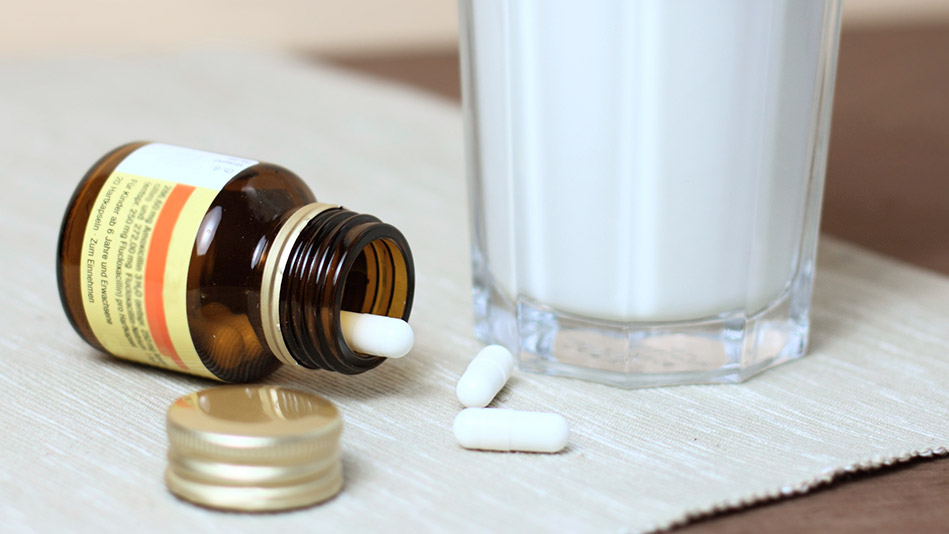Dr. Oz: The Truth About Calcium Supplements
Nearly 25 percent of Americans don't get enough of this essential mineral. Mehmet Oz, MD, weighs in on whether to make up the deficit with a pill.

Photo: liveostockimages/iStock/Thinkstock
Calcium supplements have been the black sheep of the supplements market since a 2010 report found that they put adults at increased risk for heart problems. The past few years have seen a slew of subsequent research, with results both for and against the safety of the pills. The latest: a study of more than 74,000 women that found that the supplements did not increase heart attack or stroke risk. But even if these findings hold, the heart isn't the only organ you need to worry about. Consider your kidneys: One large study found that calcium consumed in pill form increases risk for painful kidney stones. Another potential side effect of the supplements? Constipation.
That said, calcium is important to your health, especially to help reduce your risk of bone fractures as you age. But I tell my patients to focus on getting the mineral from food. If you're concerned about not consuming enough (most women need between 1,000 and 1,200 milligrams a day), keep in mind that you have an array of options. In addition to dairy products, dark leafy greens, nuts, seeds and fortified foods like orange juice and cereals are good sources. One more thing: Don't try to load up all at once. Calcium is actually better absorbed in doses of 500 milligrams or less, which means a cup of yogurt here and a handful of almonds there will serve you better than aiming to hit your goal in one meal.
That said, calcium is important to your health, especially to help reduce your risk of bone fractures as you age. But I tell my patients to focus on getting the mineral from food. If you're concerned about not consuming enough (most women need between 1,000 and 1,200 milligrams a day), keep in mind that you have an array of options. In addition to dairy products, dark leafy greens, nuts, seeds and fortified foods like orange juice and cereals are good sources. One more thing: Don't try to load up all at once. Calcium is actually better absorbed in doses of 500 milligrams or less, which means a cup of yogurt here and a handful of almonds there will serve you better than aiming to hit your goal in one meal.



